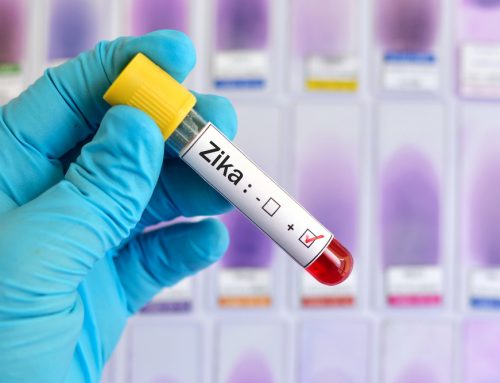When spinal discs begin to weaken, pain can begin to occur. Identifying the degenerated disc and treating it properly is important for avoiding future problems and decreasing pain.
 Misconceptions About DDD
Misconceptions About DDD
To some, the word “degenerative” implies that symptoms will become worse with time, and the term “disease” suggests a degree of permanence. DDD does not, in fact, mean that the disc is continually degenerating, and it actually isn’t technically a disease. It is simply the condition of having a disc that has eroded or degenerated in some way.
Discs can degenerate as a natural part of aging. In fact, most people’s spines will undergo some changes throughout time, though not all will feel pain or need any treatment.
This condition becomes very painful when it leads to other spinal conditions, like nerve root pinching, or osteoarthritis or spinal stenosis. If DDD becomes serious, functionality/mobility is influenced, and treatment may be required.
What Are the Symptoms?
A degenerated disc often causes inflammation, which leads to pain. Lower back pain can be a common DDD symptom, as can pain that travels down the back of the leg.
A spine specialist will be able to diagnose what is going on with your spinal disc. Some experience erosion of the end plate of the vertebrae (the top or bottom portion of the bone), and others experience a collapse of disc space. Pain levels, functionality, and discography tests will all be used to give an accurate diagnosis.
Treatment Options
Most important is the diagnosis. DDD can be properly diagnosed by a number of sequential diagnostic tests: xrays and MRI, then 1. Perform an epidural steroid injection – if pain persists, 2. Perform a medial branch block – if pain persists, 3. Perform a discography.
Depending on the severity of the degenerated disc(s), treatment options vary. Some simply try to control the pain, while others use exercise and rehab practices. Patients who don’t respond to these treatments sometimes turn to a fusion surgery.
Another option being studied, including among spine specialists in Utah at the SMART Clinic and Physicians’ Research Options, LLC, is stem cell treatment for degenerated discs. With this research treatment, high concentrations of adult, mesenchymal stem cells with regenerative qualities are injected to the degenerative, painful disc.
Contact us to learn more about this research study.








Leave A Comment